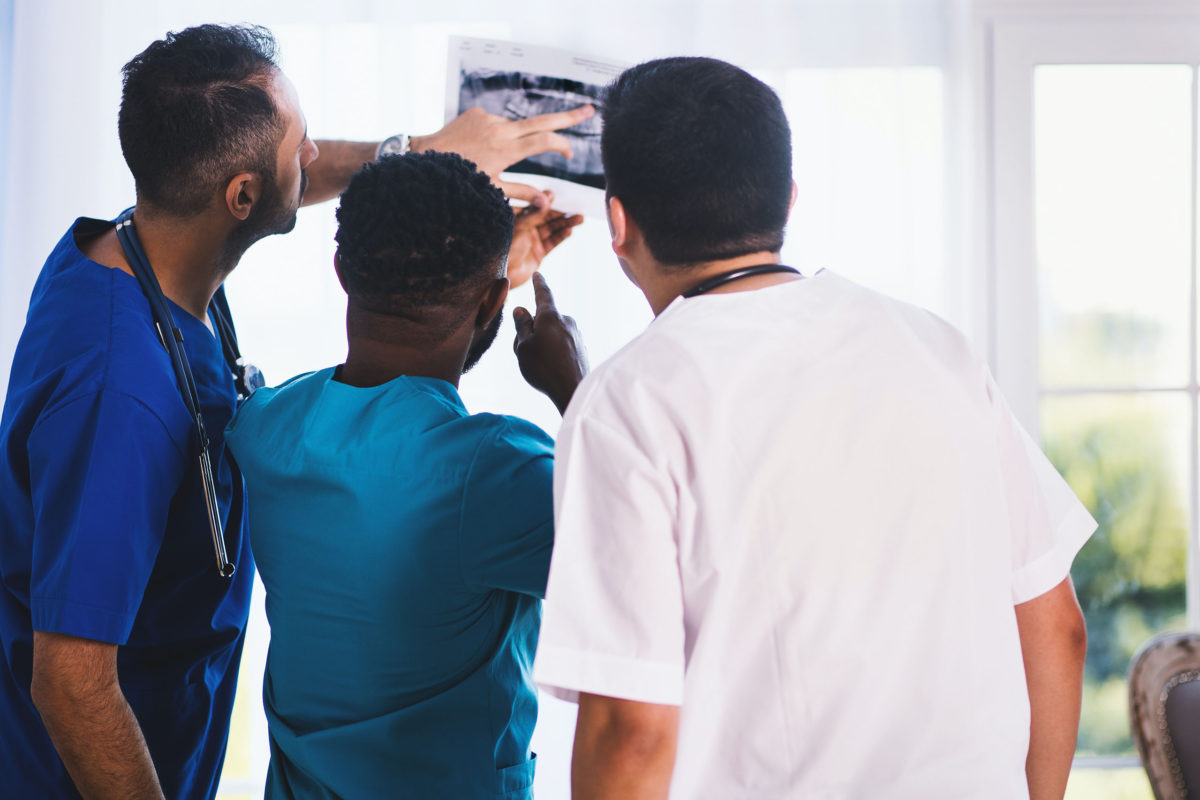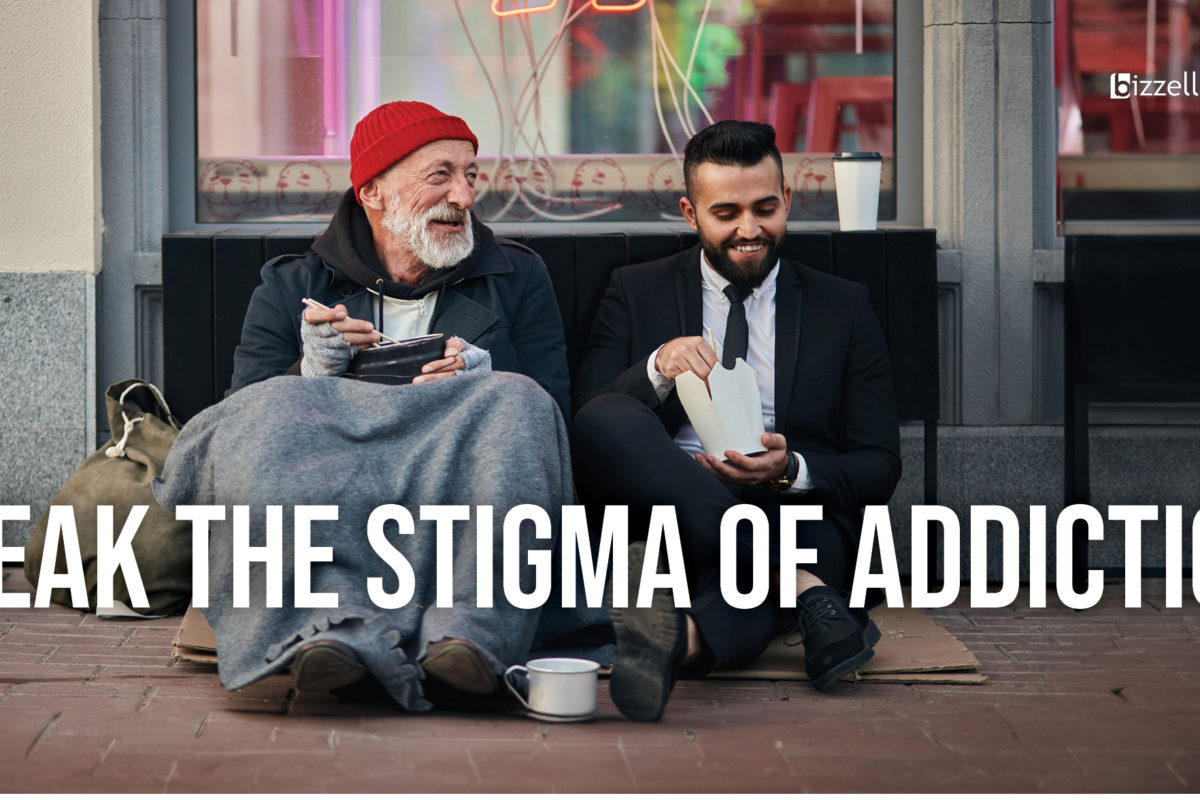Innovative Solutions for Building Economic Inclusion: Bizzell’s Entrepreneurial Initiatives
By Editorial Staff
Global progress, economic inclusion, and entrepreneurship are catalysts that drive transformative change. When not only used as a buzzword, economic inclusion embodies the belief that everyone deserves an opportunity to fuel advancement. Economic inclusion is not only ethical but also can provide a source of inspiration when applied in communities. Paired with entrepreneurship, this combination can become a key to sustainable development, which can inspire anyone to contribute to society.
One of the profound ways economic inclusion and entrepreneurship intersect is by dismantling barriers to economic entry points. For aspiring entrepreneurs from diverse backgrounds, accessing traditional avenues of business support will have many challenges. Economic inclusion initiatives strive to level the playing field, ensuring that underrepresented entrepreneurs receive the mentorship, resources, and capital necessary for their ventures to thrive. This enhances individual economic standing and contributes to the diversification and enrichment of the broader business landscape.
Innovative solutions to economic inclusion involve creative approaches and strategies to foster equal opportunities and promote financial participation for individuals who may not otherwise have an entry point into business. Some of these include digital financial inclusion, blockchain for financial identity security, and the creation of new microfinance models. Leveraging digital technologies such as mobile banking, using blockchain to secure digital identities, and using microfinance models to provide funding for entrepreneurs solidifies access to both security and capital. Community investment platforms, social impact bonds, skill development catalysts, and partnerships with social enterprises can all also positively impact budding entrepreneurs, providing community support and opportunities for skill building, coupled with financial and social capital to bring ideas to life. Cross-industry collaboration is another strategy to promote increased inclusion as entrepreneurs across sectors can share knowledge, networks, and resources.
Unfortunately, despite all the innovative ideas outlined, we are still far from strategically rolling out these solutions nationwide. Implementing these strategies requires collaboration between governments, financial institutions, technology companies, and social organizations to create a more inclusive and equitable economic landscape.
At Bizzell, our corporate programs focus on providing efficient and effective youth empowerment and economic development solutions that improve overall quality of life. Using participatory approaches, we leverage our team’s combined experiences to develop both our Job Corps program and Small Bizzness Accelerator. Job Corps is a renowned organization dedicated to providing education and vocational training opportunities to young adults across the United States. Our mission is to empower youth and emerging adults with the skills and knowledge to pursue successful careers. This program continues to connect us to the vision and foundation of Bizzell, committed to building healthy, secure, connected, and sustainable communities across our nation and around the world. The Bizzell Small Bizzness Accelerator aims to foster entrepreneurship and economic development by supporting startups with planning, guidance, and resources.
In the dynamic and intricate terrain of the business landscape, aspiring entrepreneurs face multifaceted challenges. Navigating these complexities requires not only vision, and determination, but strategic guidance and insights. In today’s interconnected world, inclusion is recognized as a moral imperative and a strategic advantage for any enterprising organization. We stand at the forefront of this with global initiatives such as the XcelHERate challenge. This program, launched in 2024, supports young women entrepreneurs aged 18-35 years with existing businesses that demonstrate resilience. This program benefits any women-led businesses that offer unique, scalable products or services with a positive social impact on the community. The challenge winner will gain access to the SNDBX workspace and its community of over 35 entrepreneurs from various fields, facilitating potential collaborations and partnerships to scale their businesses and explore new markets.
At Bizzell, we pride ourselves on being at the forefront of economic inclusion and encourage entrepreneurs, both budding and established to continue to move the needle in our national and global economies.




